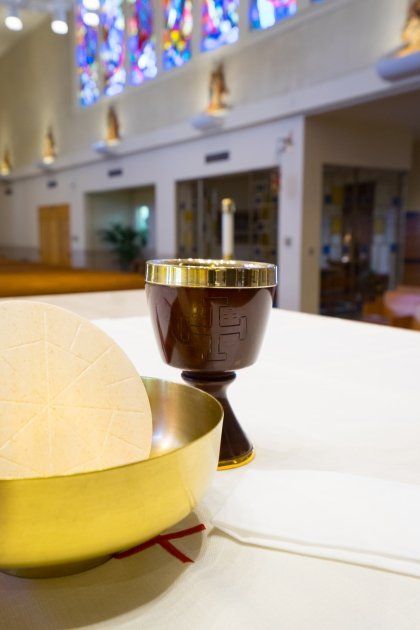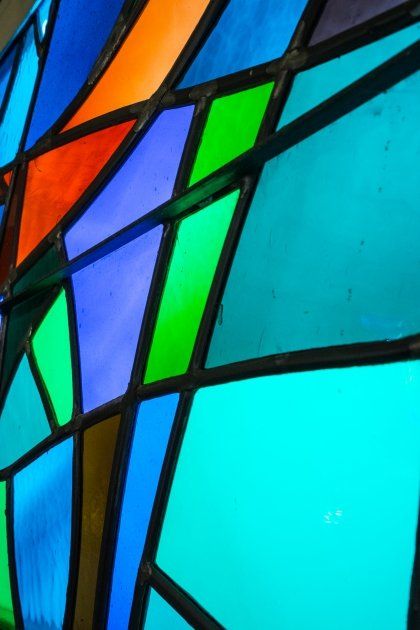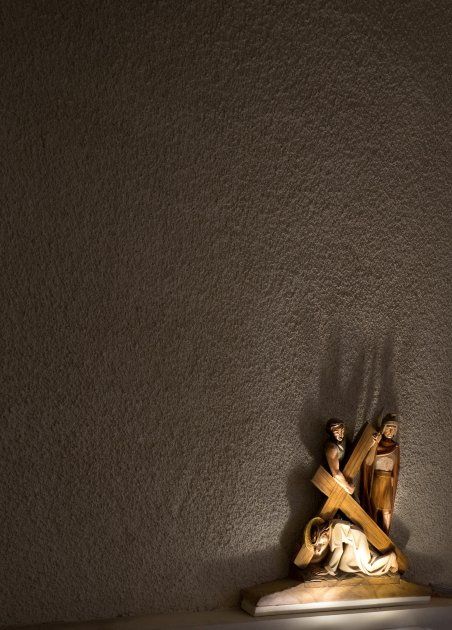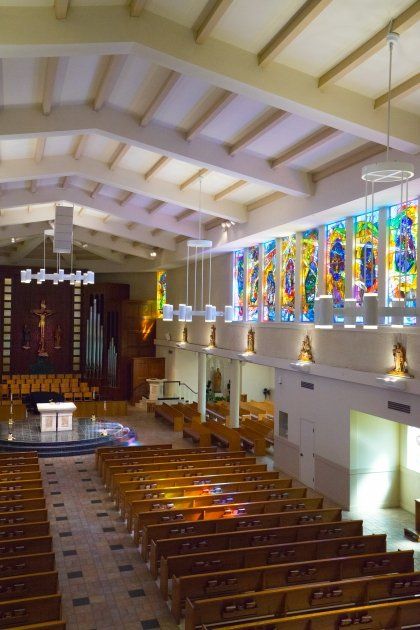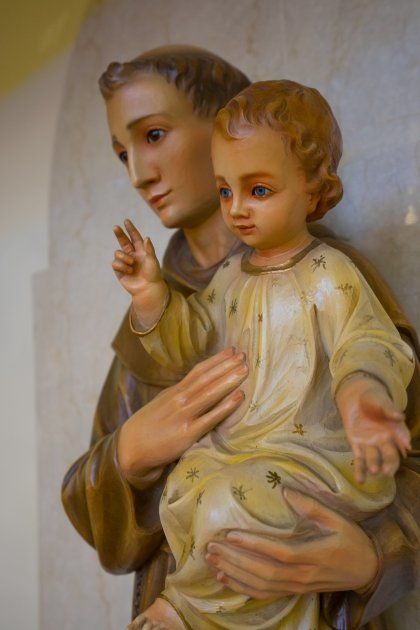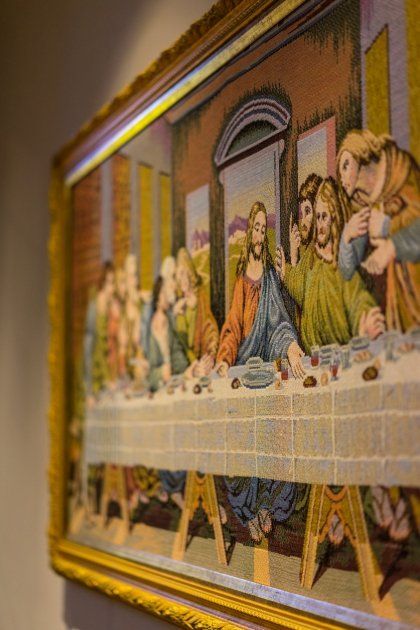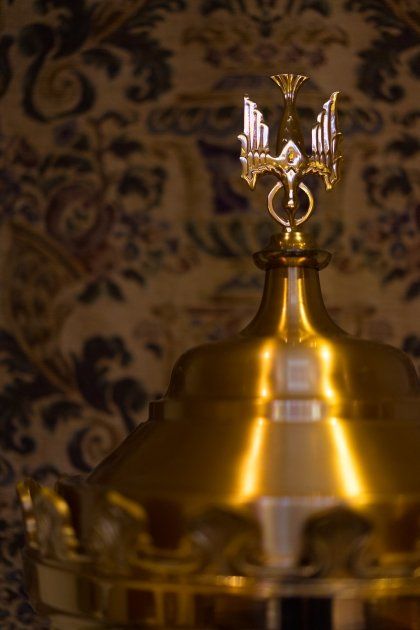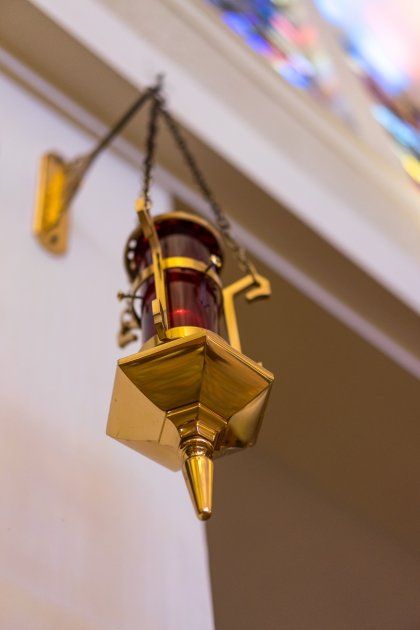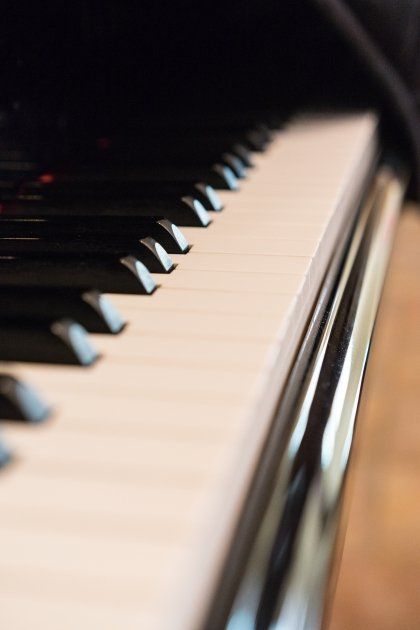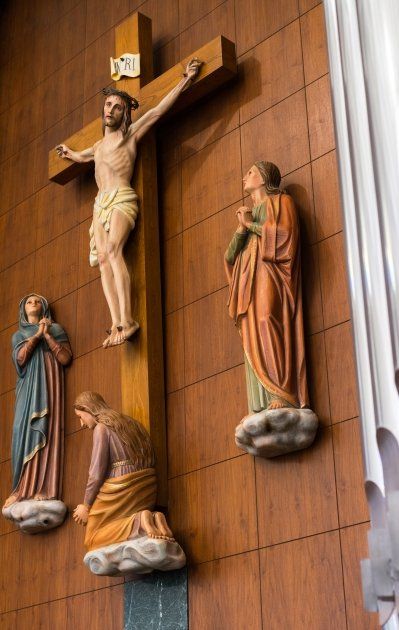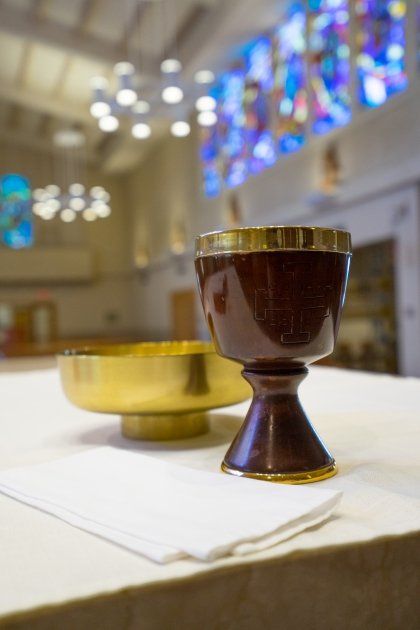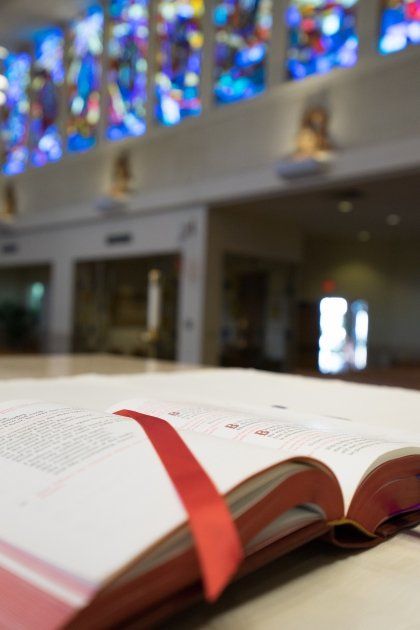Eucharist
The other sacraments, and indeed all ecclesiastical ministries and works of the apostolate, are bound up with the Eucharist and are oriented toward it. (CCC 1324)
Holy Communion, or Holy Eucharist, refers to Christ's body and blood which are present in the consecrated host and consecrated wine on the altar. Catholics believe that the consecrated bread and wine are actually the body and blood of Jesus Christ.
Children
San Roque has a two year First Reconciliation (Confession) and First Communion preparation program. Please contact the Pastoral Associate (805) 682-1097 or education@sanroqueparish.org
Adults (RCIA)
Please contact the Pastoral Associate (805) 682-1097 or education@sanroqueparish.org
Homebound
Please contact the Pastoral Associate (805) 682-1097 or education@sanroqueparish.org
The liturgical life of the Church revolves around the sacraments, with the Eucharist at the center (National Directory for Catechesis, #35). At Mass, we are fed by the Word and nourished by the Body and Blood of Christ. We believe that the Risen Jesus is truly and substantially present in the Eucharist. The Eucharist is not a sign or symbol of Jesus; rather we receive Jesus himself in and through the Eucharistic species. The priest, through the power of his ordination and the action of the Holy Spirit, transforms the bread and wine into the Body and Blood of Jesus. This is call transubstantiation.
The New Covenant
In the gospels we read that the Eucharist was instituted at the Last Supper. This is the fulfillment of the covenants in the Hebrew Scriptures. In the Last Supper narratives, Jesus took, broke and gave bread and wine to his disciples. In the blessing of the cup of wine, Jesus calls it “the blood of the covenant” (Matthew and Mark) and the “new covenant in my blood” (Luke).
This reminds us of the blood ritual with which the covenant was ratified at Sinai (Ex 24) -- the sprinkled blood of sacrificed animals united God and Israel in one relationship, so now the shed blood of Jesus on the cross is the bond of union between new covenant partners -- God the Father, Jesus and the Christian Church. Through Jesus’ sacrifice, all the baptized are in relationship with God.
The Catechism teaches that all Catholics who have received their First Holy Communion are welcome to receive Eucharist at Mass unless in a state of mortal sin.




